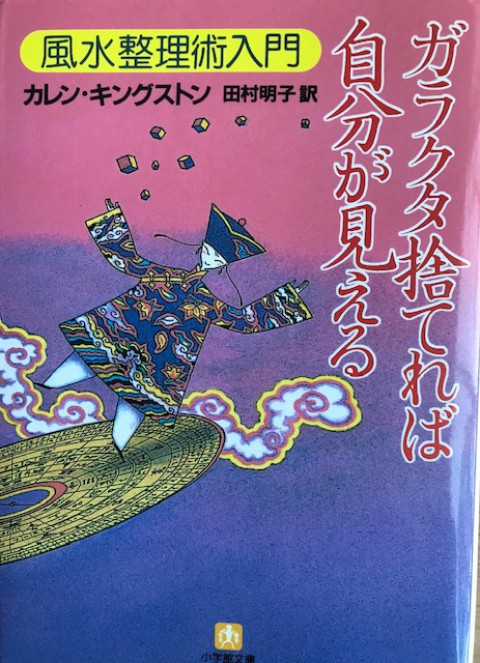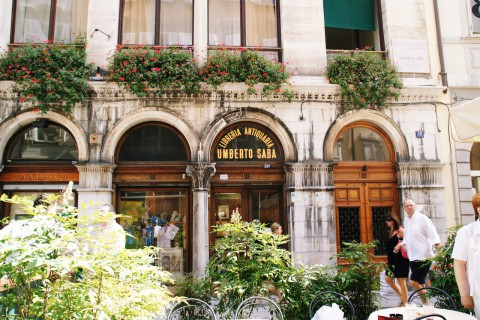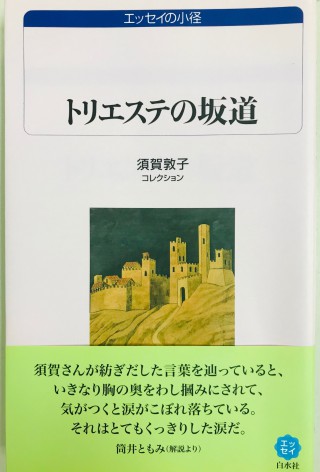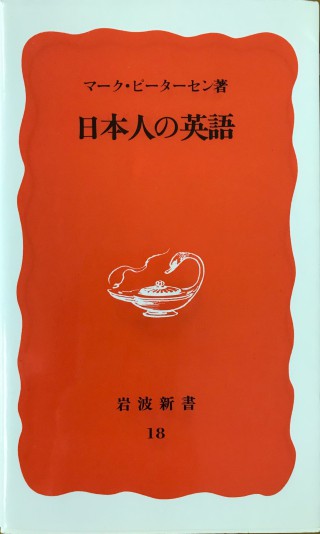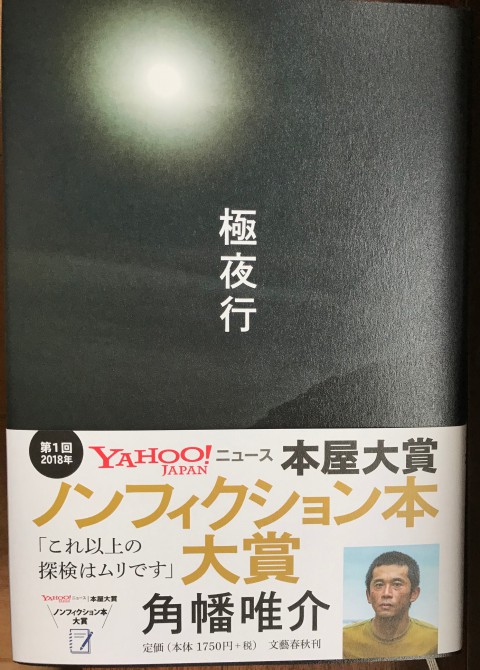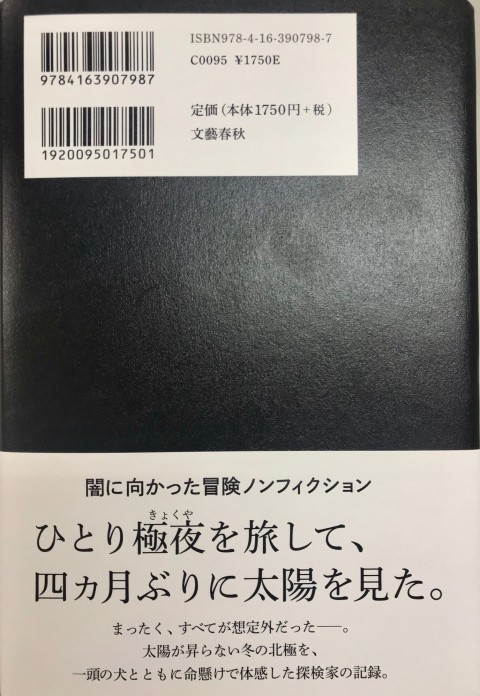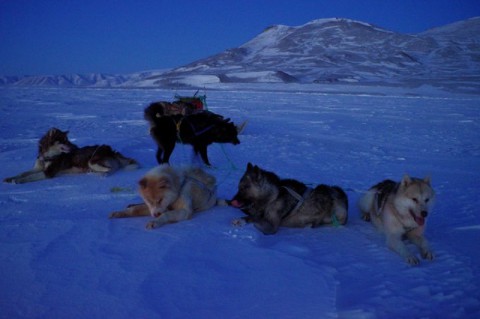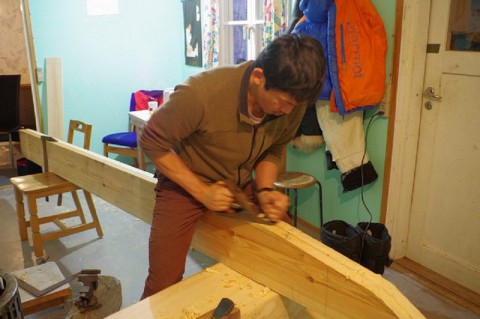“English Logically” written by Mitsuyo Arimoto
2020.04.05
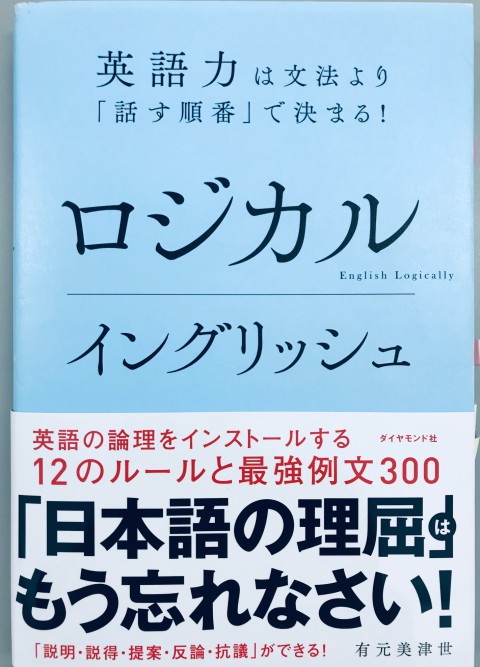
Her books always have been valuable for me. In particular, “English business e-mail examples” were very useful while there were few good translation services through the Internet.
After graduating from university, Mrs. Arimoto moved to the United States after working for a Japanese company and an American company. She got involved in starting a Japanese company in the United States. After receiving MBA, she became independent and had been active as a strategic alliance consultant between Japanese companies and American ones. Currently, she has been exploring the trend of global economy as an investor. She has lived in the United States for thirty five years. Now she frequently translates and introduces information about coronavirus by overseas media on social media.
She suggests acquiring a technique to convey English logically in this book “English Logically” (2015).
The book says that Japanese people sometimes tend to write incomprehensible English even if grammatically correct;
1.Direct translation
2.Using a complicate sentence to write simple things
3.When using and or but, it’s hard to understand the context because of a leap of logic
Also, many Japanese people misunderstand the meaning of 'please', 'expect', 'hope' and 'difficult'. For example, you cannot use ‘please’ to your superior, because it is authoritative.
After all, avoiding misunderstandings is necessary first and foremost to write business mails in English. (H.S)


